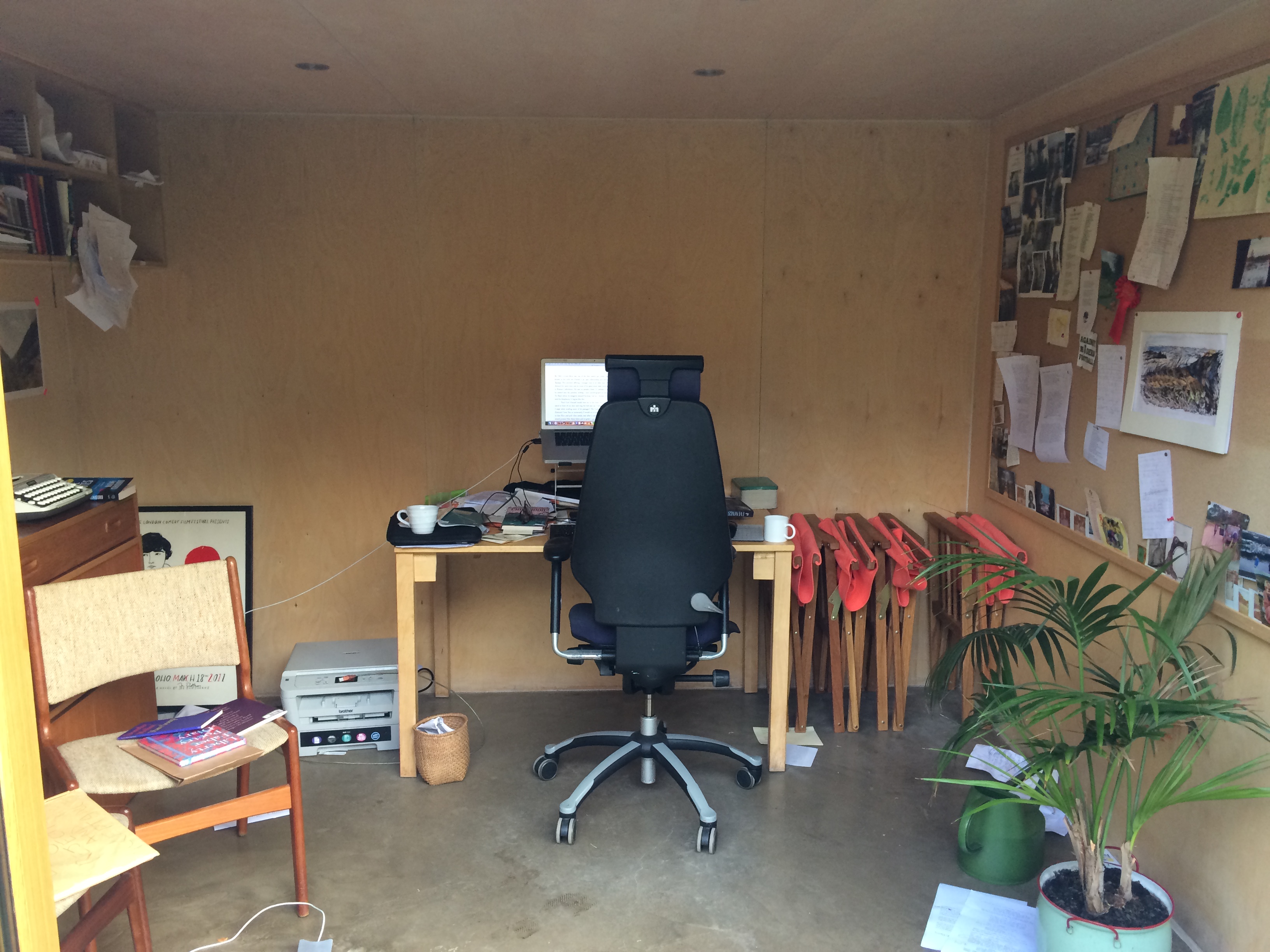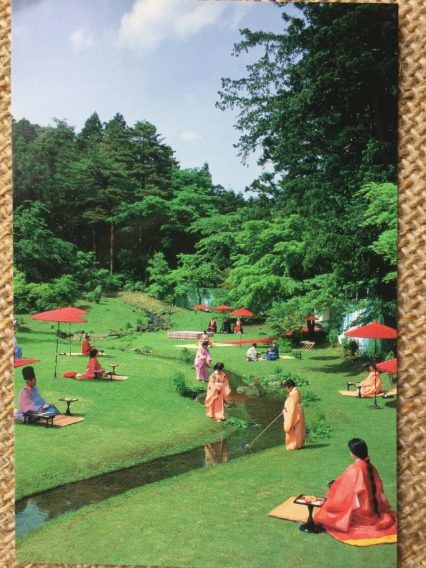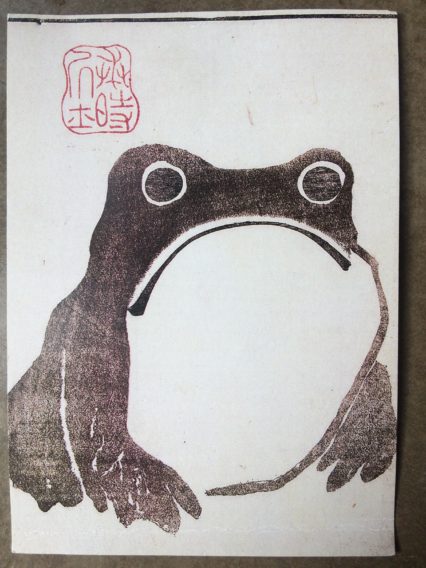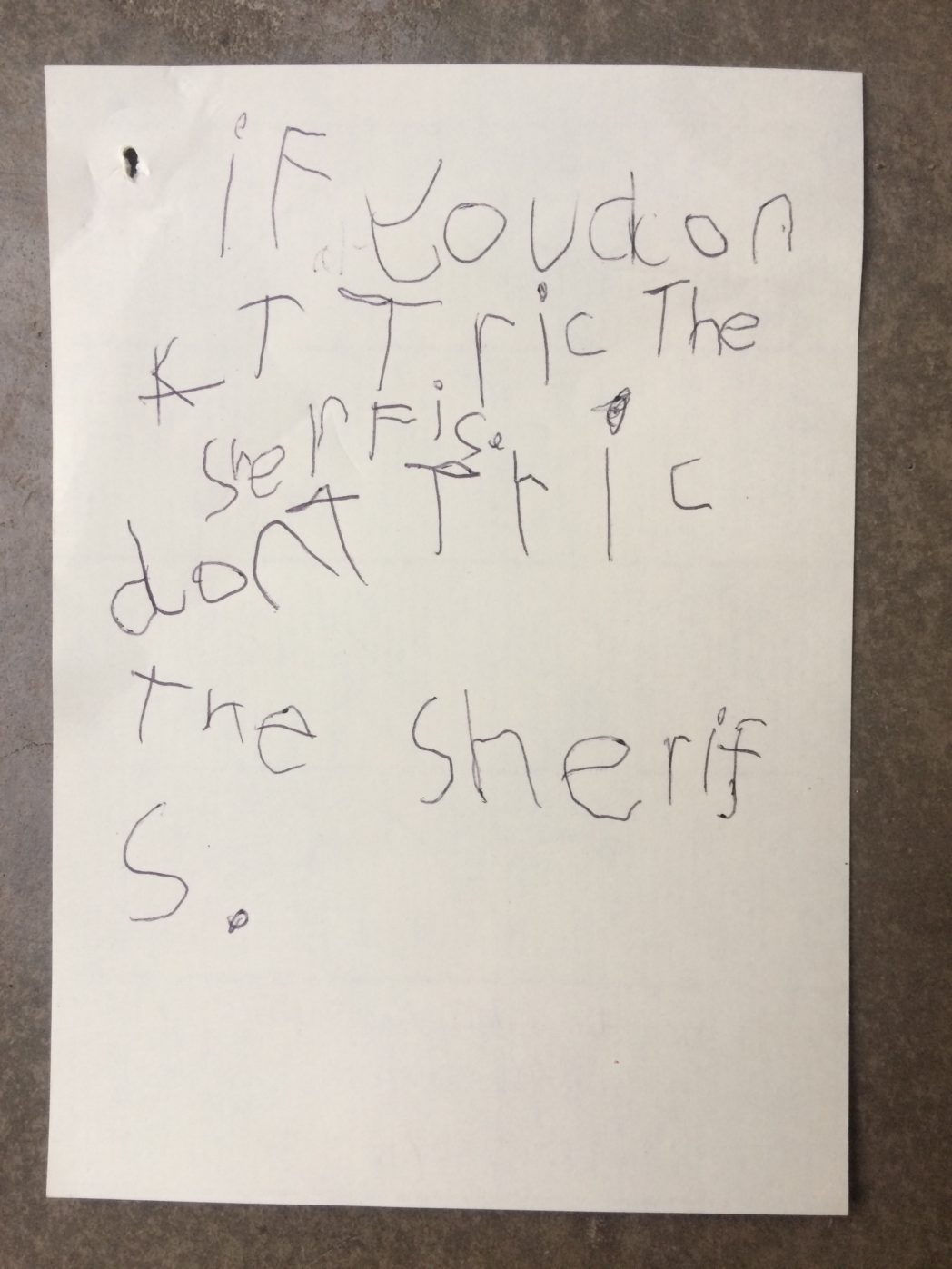In the first of a new run in the popular Wales Arts Review series Writers’ Rooms, award-winning novelist, poet and journalist Joe Dunthorne invites us into his creative space.

For a long time, I rejected the idea of having an ideal place in which to write. I also rejected favourite notebooks and preferred times of day. Even the desire for peace and quiet was, I decided, an indulgence. These were all just excuses to procrastinate. Because what might begin with your lucky pen soon escalates to a lucky mug of tea cooling between fifty and forty-three degrees and, before you know it, you couldn’t possibly put finger to keyboard unless there’s a blood moon. Instead, I tried to develop the ability to write in imperfect conditions. On trains, standing on buses, in post office queues, pushing my son on the swing with one hand, the other hand guiltily making phone notes for a poem about pushing my son on the swing. The reason for all this was mostly pragmatism. I didn’t have my own work space. If I wrote only when the conditions were perfect, I never would.
I say all this as preamble to the fact that, for the first time in my life, I have a writing room. It’s at the back of the garden and I am scared to admit how wonderful it is. I call it my “shed” to sound more earthy but there’s no getting away from it: this is the best room in my house. And it’s not even in the house. I finally have somewhere to put the Smith-Corona typewriter that I’ve been dragging from shared flat to shared flat, getting judged by flatmates who thought it an affectation. I say to them: it was an affectation but look at me now. I use it most mornings. I like the way it feels as though you are publishing the piece while you type it. The weight of the keys. Each press like jabbing someone in the eye. Also, it rings a bell when you get to the end of a line. It celebrates on your behalf! It doesn’t care how bad that line is. Ding! It praises you indiscriminately. Ding! This is what every writer needs.
On the walls and the cork board, I have pictures and poems. There’s my grandparents and great-grandparents. There’s a postcard from a poetry festival near Kyoto where poets have to write a tanka in the time it takes for a glass of sake to float towards them down a beautiful river.
I have pictures of Three Cliffs Bay and Culver Hole and Dylan Thomas’s writing shed at Laugharne. There’s a screen-printed bat by my eldest sister and Frog by Matsumoto Hoji.


There’s this great poem by Michael Earl Craig, this one by Frances Leviston and this one by A.E. Housman. I also have a postcard of a found poem by Mark Wallinger which is made from all the first lines of poems that begin with ‘I’ in Palgrave’s Golden Treasury. I have a poster of common plants you can eat, in preparation for the apocalypse. There’s also a wonderful koan-like poem by my five-year-old nephew: “if you don / t trick the / sheriffs / don’t trick / the sheriff / s”

As I write at my desk, apples and pears sometimes clonk onto the roof from the trees in my neighbour’s garden resulting in, so far, zero profound thoughts. But I’m still hoping for my Newton moment. Sitting here, I can hear distant planes, drills, car horns, a police siren. Not the most poetic noises in the world but they suit my writing better than birdsong.
The only conceivable downside to this room is that I might get too used to it. It might spoil me for writing in other, less ideal places. Luckily for me, my two-year-old son has now learned to open the back door, cross the garden, knock repeatedly on the glass until I agree to spin him round and round on my office chair while he cackles. After that he pulls a leaf from the house palm and shoves it inside the printer. Then he mashes the keys of the typewriter until they all stick together in one big clump. Then he yanks my favourite poem from the wall and rips it into tiny pieces. Thoughtful of him, really. He’s trying to keep me grounded.
Joe Dunthorne’s latest books are available now; a poetry collection with Faber & Faber, O Positive, and a novel The Adulterants from Penguin.
Joe Dunthorne’s Writers’ Room piece is a part of a Wales Arts Review series.











